In EYFS English is used throughout the school day, during activities and when playing. We encourage children to develop their communication abilities in English as soon as they enter Nursery (age 3), focusing on the development of oral fluency and moving to a letters and sounds focus as children begin along the path toward achieving critical reading comprehension skills. In the EYFS programme, communication and language development involves giving children opportunities to experience a rich language environment, to develop their confidence and skills in expressing themselves, and to speak and listen in a range of situations.
Learning a language is a natural process for children, who pick up languages with relative ease at an early age. Research tells us that students who learn a language before the age of seven develop native speaking skills, which is why languages form such an important part of the IBSB EYFS and Primary School Curriculum.
Children begin along the path towards achieving critical
reading comprehension skills.
When moving on to the Reception Class (age 4), the focus moves to Literacy Development, which involves encouraging children to link sounds and letters and to begin to read and write. Children are given access to a wide range of reading materials (books, poems, and other written materials) to ignite their interest, with more time spent on learning the skills necessary to read and write. By the end of EYFS children are expected to be able to use their phonic knowledge to read and understand simple sentences and to write simple sentences with some confidence.
In the Early Years setting we ensure that children have sufficient opportunities to learn and reach a good standard in English language, making sure that children are ready to benefit from the opportunities awaiting them when they begin Year 1.
